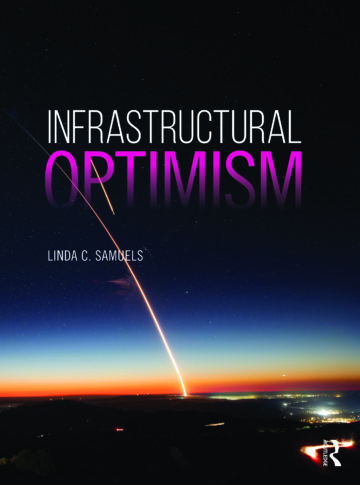“Infrastructural Optimism” investigates a new kind of twenty-first-century infrastructure, one that encourages a broader understanding of the interdependence of resources and agencies, recognizes a rightfully accelerated need for equitable access and distribution, and prioritizes rising environmental diligence across the design disciplines.
Bringing together urban history, case studies, and speculative design propositions, the book explores and defines infrastructure as the basis for a new form of urbanism, emerging from the intersection of architecture, landscape architecture, and urban design. In defining this new infrastructure, the book introduces new dynamic and holistic performance metrics focused on “measuring what matters” over growth for the sake of growth and twelve criteria that define next generation infrastructure. By shifting the focus of infrastructure – our largest public realm – to environmental symbiosis and quality of life for all, design becomes a catalytic component in creating a more beautiful, productive, and optimistic future with Infrastructural Urbanism as its driver.
“Infrastructural Optimism” will be invaluable to design, non-profit and agency professionals, and faculty and students in the fields of architecture, landscape architecture, and urban design, working in partnership with engineers, hydrologists, ecologists, urban planners, community members, and others who shape the built environment through the expanded field of infrastructure.
Linda C. Samuels is an Associate Professor of Urban Design at Washington University in St. Louis. She is an architect, urban designer, and planner whose work focuses on next generation infrastructure design as a tool for environmental and social justice.
